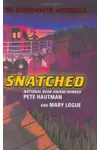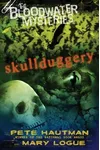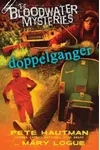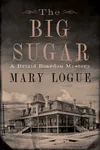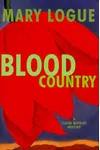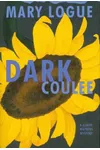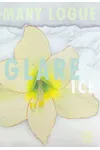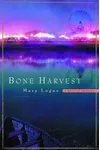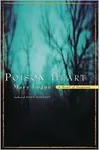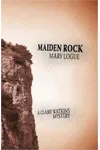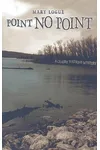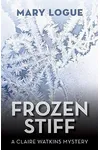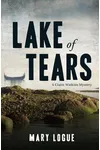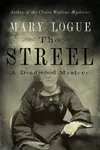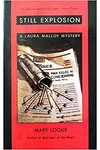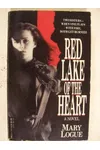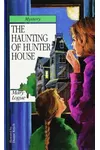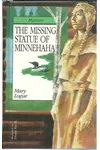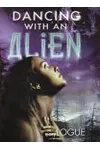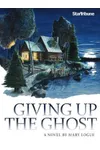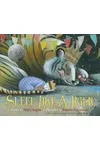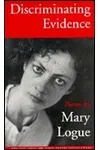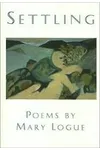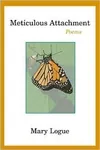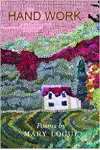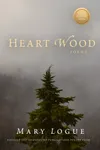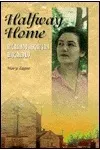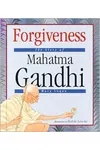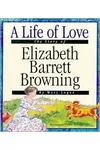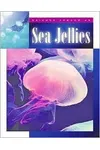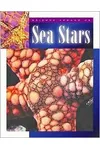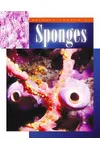Picture a Minnesota storyteller weaving mysteries and poetry with the charm of the Midwest—meet Mary Logue! Born in 1952, Logue is a literary chameleon, crafting gripping crime novels like the Claire Watkins series, lyrical poetry, and heartfelt children’s books. Her work captures the soul of rural America, blending suspense with poetic grace, making her a hidden gem in modern literature.
From her early days penning mysteries in fifth grade to her award-winning career, Logue’s love for storytelling shines. With a knack for uncovering human truths, she’s not just a writer but a mentor, shaping new voices through teaching. Let’s dive into her world!
The Making of Mary Logue
Born on April 16, 1952, in Minnesota, Mary Logue grew up surrounded by the landscapes that would later inspire her work. The daughter of an auditor and a homemaker, she found her calling early, scribbling her first mystery about a eerie jeep trail near her childhood pond. This spark of creativity led her to edit her high school newspaper, where she learned the art of storytelling upside-down at a linotype press. Logue’s career took off with poetry anthologies, like The Thief of Sadness (1979), amplifying marginalized voices, before she ventured into novels and children’s books.
Her partnership with fellow writer Pete Hautman, whom she married, fueled her creative journey. Logue’s diverse roles—editor at Graywolf Press, instructor at Hamline University, and faculty at the Loft Literary Center—shaped her as a nurturer of stories, both her own and others’.
Mary Logue’s Unforgettable Stories
Logue’s Claire Watkins mystery series is her crown jewel, set in the rugged beauty of Pepin County, Wisconsin. Starting with Blood Country (1999), the series follows Deputy Sheriff Claire Watkins, a complex heroine grappling with personal loss while solving crimes. Books like Bone Harvest (2004) weave small-town life with chilling suspense, earning praise for their “fine writing” and “ample suspense.” Logue’s poetic roots shine through, painting vivid portraits of rural Minnesota and Wisconsin.
Beyond mysteries, Logue’s poetry collections, such as Discriminating Evidence (1990), which won a First Book of Poetry award, and Hand Work (2009), reflect her lyrical precision. Her nonfiction work, Halfway Home: A Granddaughter’s Biography (1996), tenderly traces her grandmother’s life in Chokio, Minnesota, blending family history with social commentary. For younger readers, Logue penned biographies of figures like Mahatma Gandhi and Elizabeth Barrett Browning, alongside mysteries like The Haunting of Hunter House.
Logue’s style is a dance of grit and grace, merging the raw tension of crime fiction with the delicate imagery of poetry. Her themes—community, resilience, and the human heart—resonate deeply, making her stories both thrilling and soulful.
Why Mary Logue Matters
Mary Logue’s impact lies in her ability to capture the pulse of the Midwest while telling universal stories. Her Claire Watkins series redefined regional mysteries, blending local color with psychological depth, appealing to fans of J.A. Jance and Margaret Maron. Her poetry and nonfiction amplify overlooked voices, from mentally challenged poets to forgotten family legacies, fostering empathy and connection.
As a teacher and editor, Logue has mentored countless writers, leaving a quiet but profound mark on the literary world. Her awards, including a Minnesota Book Award for Dark Coulee and an Edgar Award nomination for Snatched, underscore her skill, but it’s her storytelling heart that endures, inviting readers to explore the beauty and mystery of everyday life.
- Born: April 16, 1952, Minnesota
- Key Works: Claire Watkins series, Halfway Home, Discriminating Evidence
- Awards: Minnesota Book Award, Edgar Award nomination
- Hobbies: Rug-hooking, living on both sides of the Mississippi River
Snag Blood Country or Hand Work and dive into Mary Logue’s thrilling, poetic world!
